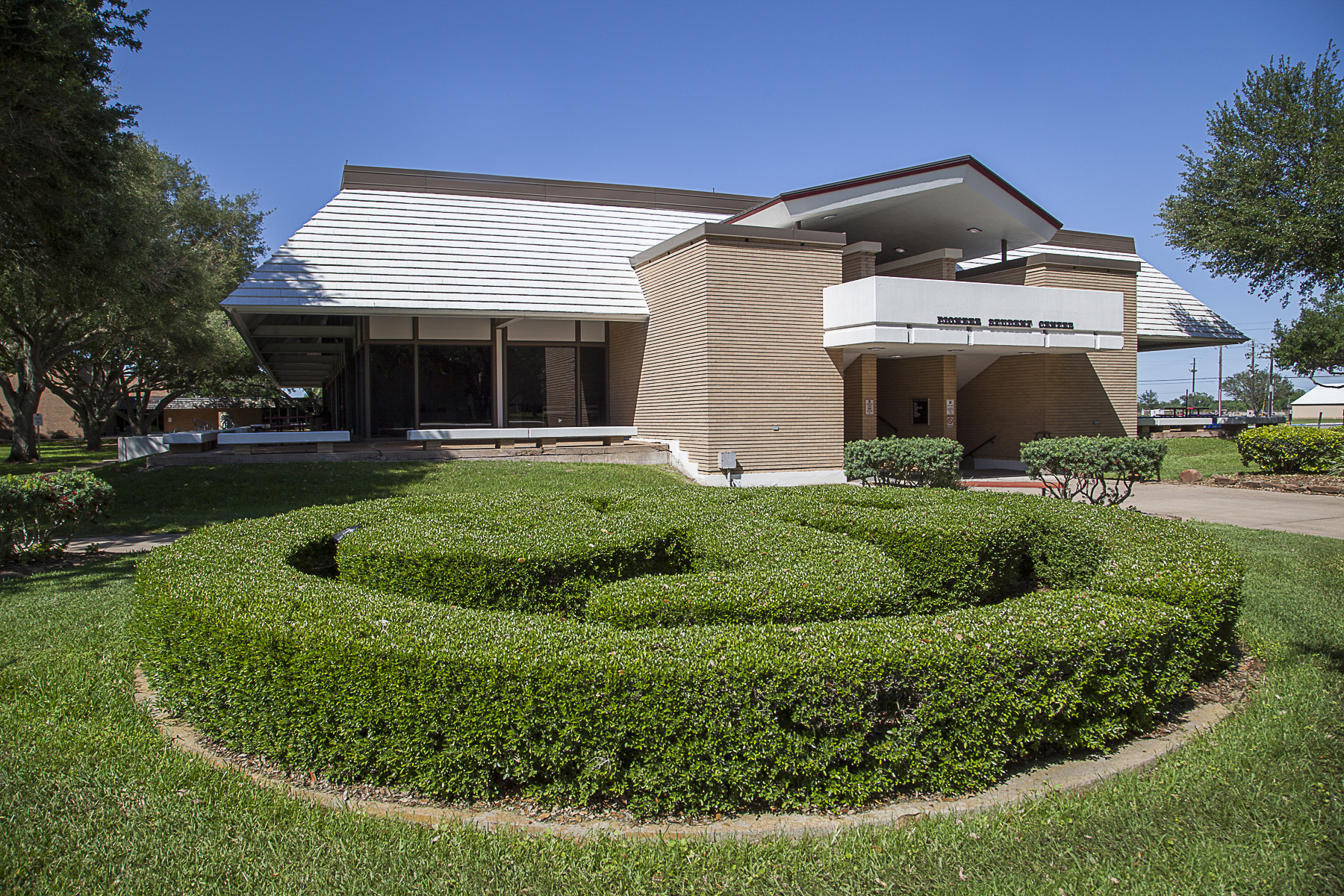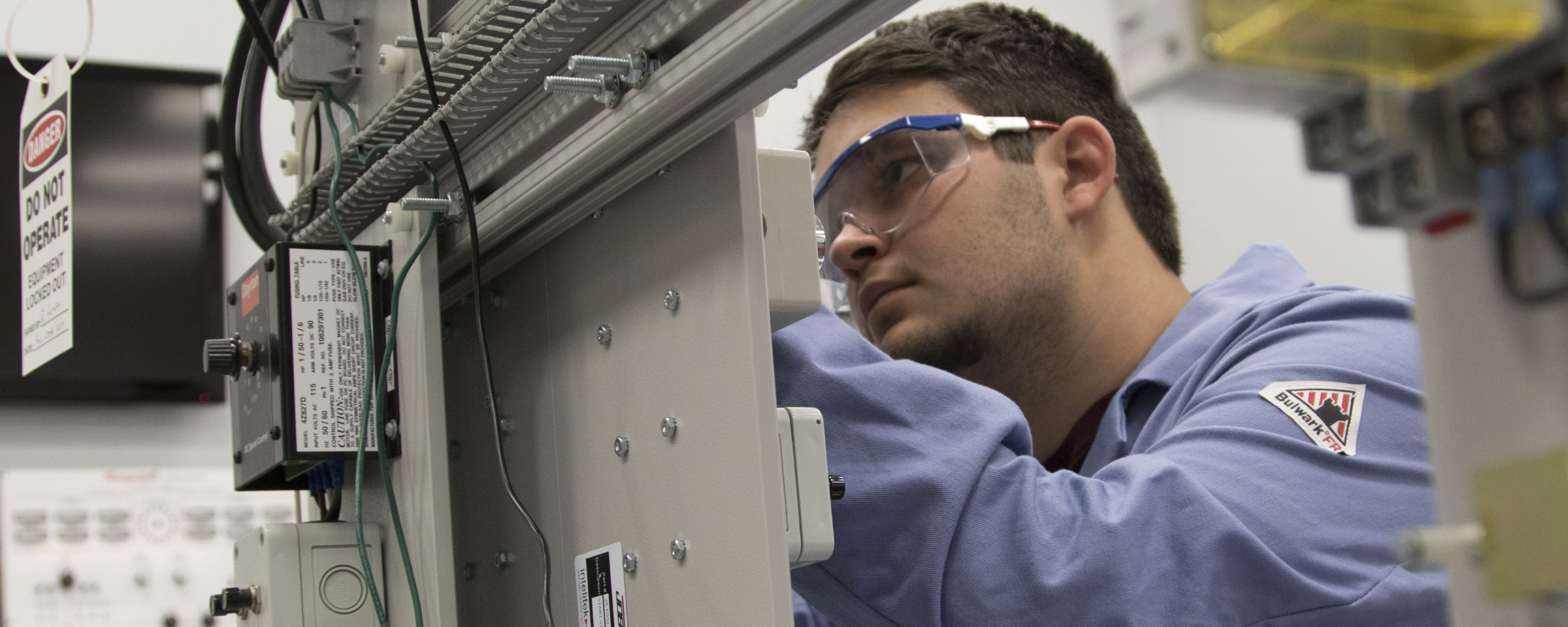
CALM IN THE STORM - WCJC counselors provide online sessions to address COVID-19 related anxiety

April 30 , 2020
FOR IMMEDIATE RELEASE

The Pioneer Student Center on Wharton County Junior College's Wharton campus is currently
closed to the public due to COVID-19, but student and staff services are still being
offered online. WCJC counselors recently held virtual Anxiety Management sessions
to help students and staff cope with worries and stress related to the coronavirus.
WHARTON, TEXAS – From nationwide lockdowns to soaring unemployment to thousands becoming critically ill, there are plenty of reasons to become anxious during the current COVID-19 pandemic. Wharton County Junior College counselors are doing what they can to help employees and students cope with their concerns.
During April, counselors have offered “Anxiety Management” sessions to address the common fears and worries many are experiencing during the unprecedented health crisis. The sessions, lasting about 45 minutes each, are conducted via the Zoom online platform. Through this platform, participants can actively discuss their concerns — and learn various coping techniques from licensed professionals — all while observing social distancing guidelines.
Susan Denman-Briones, a Licensed Professional Counselor (LPC-S) who serves as WCJC’s Director of Academic Advising and Counseling, oversees the project.
“We have never offered virtual sessions of this sort,” Denman-Briones said. “We wanted to provide information related to anxiety and tips to help decrease that anxiety.”
Denman-Briones and WCJC counselor Kay Gardner, an LPC intern, have teamed up on the presentations. Each covers a particular portion of the material, which is shared through slides and informational graphics.
Six sessions have been offered for students, and four for employees. Nearly 30 employees signed up and around 23 students participated.
“The response has been overwhelmingly positive,” Denman-Briones said.
The most common concerns voiced by participants have included boundary issues, work and life challenges, social isolation and an overall sense of feeling overwhelmed. Coping mechanisms include limiting exposure to the news, exercising, establishing a set routine (of crucial important for those working from home), eating healthy, getting adequate rest and engaging in calming exercises like deep breathing, visualization and mindfulness techniques such as “grounding.” Grounding entails focusing on the sensations of smell, taste, touch and sight in an effort to relax and feel more in control.
Denman-Briones said it’s important to find a sense of comfort and control in the midst of a situation that may feel chaotic and unchangeable.
“The key points are to reach out for help, realize this is temporary, be kind to yourself and engage in self care,” she said.
Although the sessions will wrap up soon, Denman-Briones said additional sessions could be offered if the need arises. She is already working on additional online courses.
“We plan to offer other virtual sessions related to mental health,” she said.
Anyone needing help with COVID-19 related distress is encouraged to contact the Disaster Distress Helpline at 1-800-985-5990. The helpline is available 24 hours a day, seven days a week.
###

